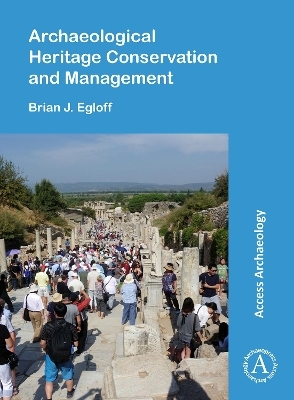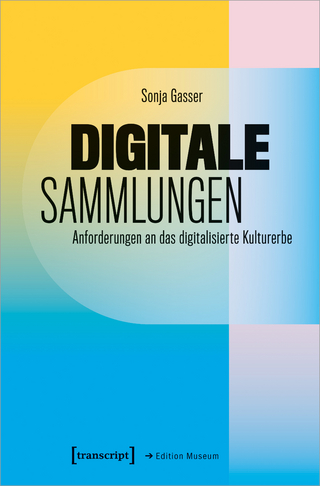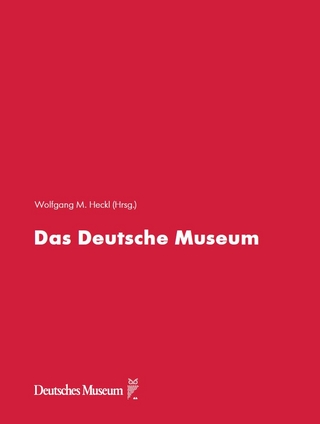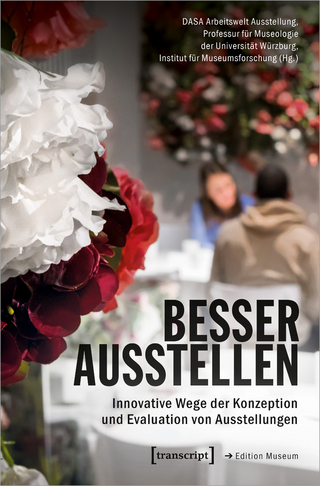
Archaeological Heritage Conservation and Management
Archaeopress (Verlag)
978-1-78969-105-4 (ISBN)
Archaeological heritage conservation is all too often highly conflicted and fraught with pitfalls in part due to a poor understanding of the historical and current underpinnings that guide best practice. When heritage places are managed with international principles in mind the sites stand out as evidencing superior outcomes. The International Scientific Committee on Archaeological Heritage Management expresses concern in the Salalah Guidelines of 2017 with the persistent problems facing archaeological sites that are open to the public. National heritage icons face overwhelming pressure to provide the mainstay of local, national and international tourism economies while in some instances being situated in locations destined for major development or military conflict. Leaders in the field of archaeological heritage conservation, particularly with respect to World Heritage listed properties, assert that economic interests often are at the forefront of management decision making while heritage values are given lesser, if any, consideration. Continuing and future zones of discomfort such as the impact of war, theft of national cultural property, over-development, unconstrained excavation, extreme nationalism, uncontrolled visitation and professionalisation need to be addressed if future generations are to be afforded the same heritage values as are available today.
BRIAN J. EGLOFF is an Adjunct Professor at the University of Canberra and has been active in both field research and heritage management since the 1960s. He has undertaken studies on the cultural and ecological base of the Cherokee Nation, the prehistory of Eastern Papua and on Australian Aboriginal land rights as well as participated in projects in Wisconsin, Tasmania, Pohnpei, Mauritius and Laos. His current interests lie in Aboriginal land management and the implement of international heritage conservation and management programmes. Brian’s most recent publications focus on the illicit trade in cultural property.
1. Introduction; 2. Archaeology, significance and heritage; 3. Internationalism; 4. Challenges; 5. Sustainability; 6. Economics; 7. Governance and risks; 8. International reflections; References; Appendix 1 International and national instruments; Appendix 2 Salalah Guidelines for the Management of Public Archaeological Sites
| Erscheinungsdatum | 01.03.2019 |
|---|---|
| Zusatzinfo | 8 tables, 34 figures (32 plates in colour) |
| Verlagsort | Oxford |
| Sprache | englisch |
| Maße | 203 x 276 mm |
| Gewicht | 1109 g |
| Themenwelt | Kunst / Musik / Theater |
| Geisteswissenschaften ► Archäologie | |
| Geisteswissenschaften ► Geschichte ► Hilfswissenschaften | |
| ISBN-10 | 1-78969-105-2 / 1789691052 |
| ISBN-13 | 978-1-78969-105-4 / 9781789691054 |
| Zustand | Neuware |
| Haben Sie eine Frage zum Produkt? |
aus dem Bereich


